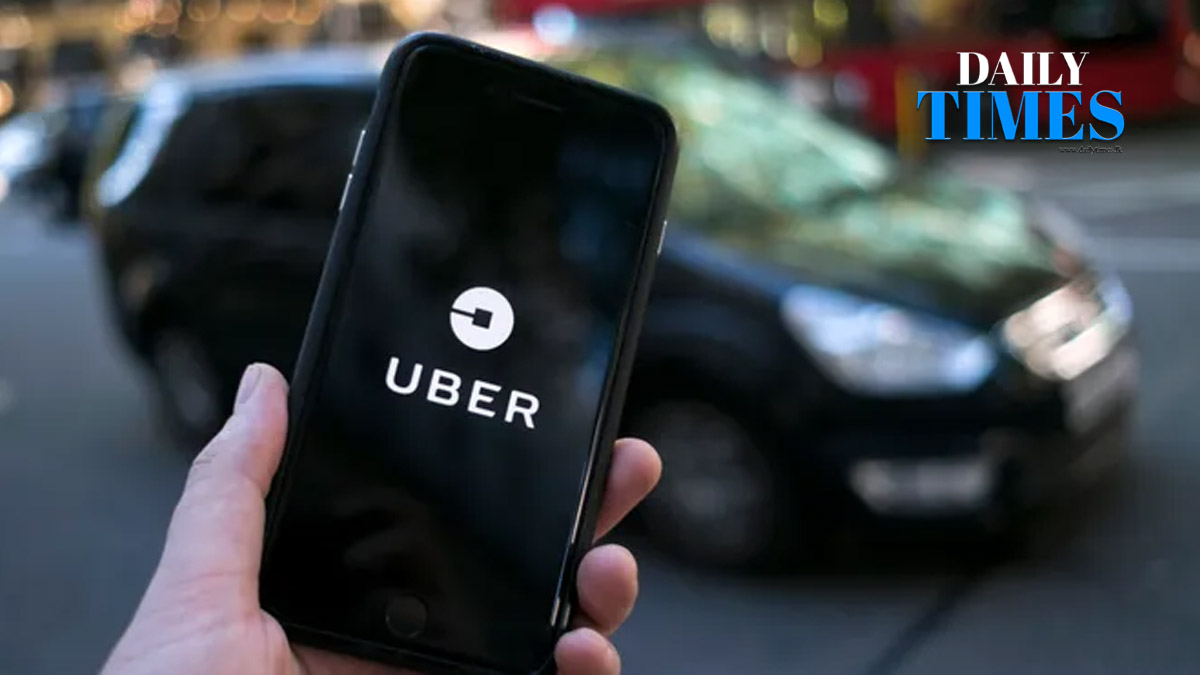Uber contributed LKR 81 billion to Sri Lanka’s economy in 2021

Uber’s 2021 Sri Lanka Economic Impact Report, compiled by Public First, a UK based policy research firm, was launched today at an event in the national capital. The reporthighlights how Uber and Uber Eats have helped transform the on-demand economy for consumers, drivers and delivery-partners, and the wider community by generating LKR 81 billion for the Sri Lankan economy in 2021.
Uber’s Senior Director for Public Policy & Government Relations for the Asia Pacific region, Mr. Mike Orgill; Uber’s Director of Regional Operations for India and South Asia region, Mr. Shiva Shailendran, along with Uber Sri Lanka’s leadership team members, including Ms. Bhavna Dadlani Jayawardana, General Manager, Uber Eats; and, Ms. Thanushika Sivanathan, Country Manager, Uber Rides graced the occasion.
Commenting on the report, Mike Orgill, Senior Director, Public Policy & Government Relations, APAC at Uber, said: “Uber has been an important engine of economic growth and opportunity in Sri Lanka since 2015, but we never knew the extent of our contribution. This research shows for the first time the impact on drivers and delivery partners, consumers and the economy as a whole. It reaffirms the importance of flexible work opportunities and spotlights how expanded mobility options and choice as part of the on-demand economy have created critical value for the Sri Lankan economy. It makes our resolve stronger than ever before to continue working for the community and deploying our technology and global expertise to contribute to Sri Lanka’s growth.”
The report takes a deeper look into the factors behind this economic contribution and the enhancement of safety and sustainability of the industry. It highlights how both Uber and Uber Eats have continually evolved to meet changing needs, used technology to save time, helped expand mobility options and choice, supported small businesses, and provided flexible earning opportunities for thousands of drivers and delivery-partners in Sri Lanka.
Key findings of the report include:
Uber’s contribution to the Sri Lankan economy
- Uber and Uber Eats created an estimated LKR 81 billion in economic value for the Sri Lankan economy
- Together, Uber (27 bn) and Uber Eats (25 bn) produced LKR 52 billion in consumer surplus in 2021, which is equivalent to 0.3% of the country’s GDP.
On-demand services boosted small business recovery
- Uber Eats encouraged Sri Lankans to support local restaurants and merchants which they would otherwise not have had access to, leading to LKR 2.1 billion in additional revenue and a gross impact of LKR 51 billion for the Sri Lankan economy as a whole.
- 88% of Uber Eats users agree that food delivery apps made it easier to discover new restaurants.
- 74% of users have ordered from restaurants they had never tried before.
Drivers and delivery people value flexibility
- In 2021, we estimate that drivers made an additional LKR 775 million a year in earnings through Uber, or an average of 27% more than their next best alternative.
Consumer behavior helped to drive innovation
- Consumers are prioritizing convenience and reliability, with Uber estimated to save riders in Sri Lanka over 3.7 million hours a year leaving more time for family and friends.
- On average, Uber riders saved 9 minutes per trip compared to the next best alternative, leaving more time for family and friends.
- Uber and Uber Eats produced LKR 52 billion in consumer surplus* for Sri Lankans in 2021.
- Uber’s trackable point-to-point transport solutions are helping to fill the inevitable gaps in public transport, with 1 in 7 trips taken with the Uber app connecting with public transport.
- Safety is a top reason for choosing the platform with 96% of female riders saying that safety is an important factor in their choice to use the Uber app.
- Having access to sustainable ride-sharing platforms encouraged users to not own a vehicle.
- According to Sri Lankan riders, ridesharing is the most significant transport innovation they have experienced in the last decade.
One of the most important measures of economic welfare – the amount you would pay someone to voluntarily give up a good or service. If a good has a zero-consumer surplus, that implies we can take or leave it – whereas goods with a high consumer surplus are playing an important role in our lives.
About Uber
Uber’s mission is to create opportunity through movement. We started in 2010 to solve a simple problem: how do you get access to a ride at the touch of a button? More than 15 billion trips later, we’re building products to get people closer to where they want to be. By changing how people, food, and things move through cities, Uber is a platform that opens up the world to new possibilities.

